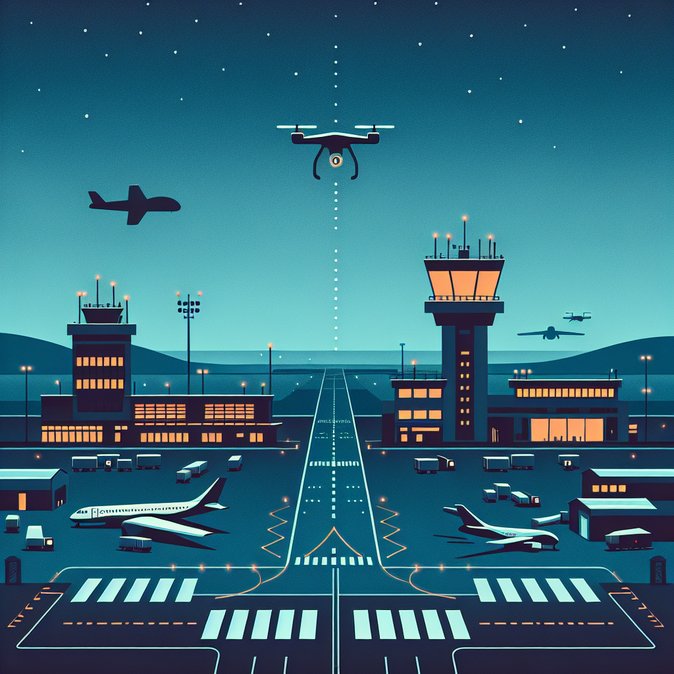
Late on 13 November, air-traffic controllers at Brussels Airport ordered an immediate stop to all aircraft movements after radar picked up what appeared to be an unmanned aerial vehicle in the approach path. Operations were suspended between 22:45 and 23:20 local time, long enough to force two arriving services—one from Madrid and one from Milan—to divert to Liège before returning to the capital once clearance was given. No departures were scheduled after 22:00, limiting the knock-on effect, but several crew rotations were disrupted and aircraft positioning plans had to be rewritten overnight.
The incident is the latest in a series of mysterious drone incursions affecting Belgian critical infrastructure. In the past fortnight alone, drones have been reported over Kleine-Brogel air base, the Doel nuclear plant and Liège Airport. The Belgian National Security Council has already authorised police and defence forces to ‘neutralise’ rogue drones and is fast-tracking the creation of a National Airspace Security Centre that will become operational on 1 January 2026.
![Drone Sighting Halts Brussels Airport Traffic, Diverts Flights]()
For global mobility managers the immediate impact is the renewed operational risk at Belgium’s main hub. Brussels handles more than 750 corporate movements a day and is an essential Schengen gateway for EU headquarters staff and NATO personnel. Companies with time-sensitive shipments or assignee arrivals should build extra slack into itineraries and monitor NOTAMs issued by Skeyes (Belgian ATC). Insurance providers are also reassessing premiums for critical flights.
Experts say the pattern mirrors earlier disruptions at Gatwick (2018) and Copenhagen (2025) in which inexpensive consumer drones forced multi-hour shutdowns. Until counter-UAS technology—such as radio-frequency jamming and drone-hunters—is fully deployed, intermittent closures are likely. Travellers should keep airline apps enabled for push alerts and consider alternative routings via Amsterdam, Paris-CDG or Frankfurt in the event of short-notice closures.
The incident is the latest in a series of mysterious drone incursions affecting Belgian critical infrastructure. In the past fortnight alone, drones have been reported over Kleine-Brogel air base, the Doel nuclear plant and Liège Airport. The Belgian National Security Council has already authorised police and defence forces to ‘neutralise’ rogue drones and is fast-tracking the creation of a National Airspace Security Centre that will become operational on 1 January 2026.

For global mobility managers the immediate impact is the renewed operational risk at Belgium’s main hub. Brussels handles more than 750 corporate movements a day and is an essential Schengen gateway for EU headquarters staff and NATO personnel. Companies with time-sensitive shipments or assignee arrivals should build extra slack into itineraries and monitor NOTAMs issued by Skeyes (Belgian ATC). Insurance providers are also reassessing premiums for critical flights.
Experts say the pattern mirrors earlier disruptions at Gatwick (2018) and Copenhagen (2025) in which inexpensive consumer drones forced multi-hour shutdowns. Until counter-UAS technology—such as radio-frequency jamming and drone-hunters—is fully deployed, intermittent closures are likely. Travellers should keep airline apps enabled for push alerts and consider alternative routings via Amsterdam, Paris-CDG or Frankfurt in the event of short-notice closures.









